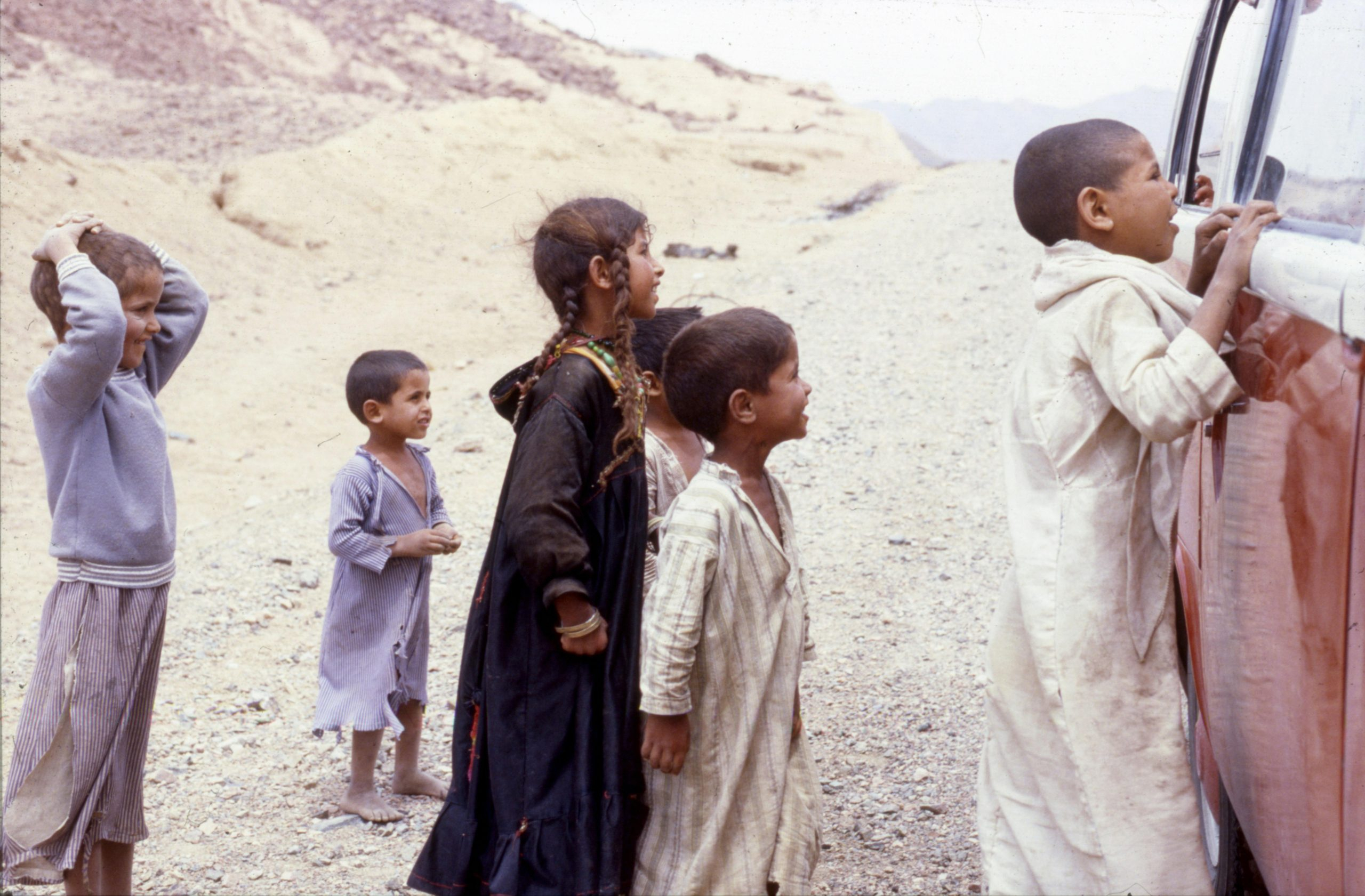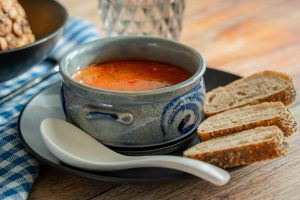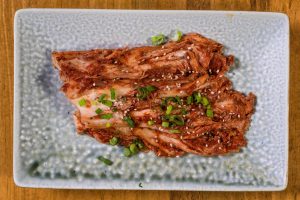Exploring Cultural Identity Through Traditional Family Recipes
Cooking and food have always been an integral part of cultural identity. From the spices and herbs used in traditional dishes to the way meals are shared among family and friends, food plays a central role in preserving and celebrating cultural traditions. One way in which cultural identity is passed down from generation to generation is through traditional family recipes. These recipes not only represent the unique flavors and ingredients of a specific culture, but they also tell a story of heritage, history, and shared experiences. In this article, we will delve into the significance of exploring cultural identity through traditional family recipes and how it can bring us closer to our roots.
The Importance of Traditional Family Recipes
Traditional family recipes are more than just a list of ingredients and cooking instructions. They are a key element in understanding and preserving cultural identity. These recipes are often passed down through the generations, with each family member adding their own personal touch and twist. As a result, they become a source of pride and a way of keeping cultural traditions alive.
The Link Between Food and Culture
Food is a universal language that transcends borders and brings people together. Each culture has its own unique cuisine that is a reflection of its history, geography, customs, and beliefs. Traditional family recipes are a representation of this cultural link between food and identity. They offer a glimpse into the past and highlight the cultural influences that have shaped a particular dish or cuisine.
Connecting with Our Roots
In today’s globalized world, it is easy to lose touch with our cultural identity. We are constantly bombarded with new trends and international cuisines, and it can be easy to forget about the food that is a part of our heritage. However, by exploring traditional family recipes, we can reconnect with our roots and gain a deeper understanding of our cultural background. Cooking these recipes can transport us back in time, allowing us to experience and appreciate the food of our ancestors.
The Significance of Passing Down Family Recipes
Passing down family recipes from generation to generation is a time-honored tradition that holds a special place in many cultures. It is a way of preserving family history, bonding with loved ones, and instilling a sense of cultural pride. By sharing these recipes with younger generations, we are passing on more than just cooking techniques – we are sharing our cultural heritage and keeping it alive for future generations to come.
Cooking as a Family Activity
Many traditional family recipes are prepared as a group activity, where everyone has a role to play. From peeling and chopping vegetables to stirring the pot, cooking together strengthens family bonds and creates lasting memories. These activities also provide an opportunity to share stories and anecdotes about the origins of the recipe, making it more meaningful and personal. It is through these shared experiences that cultural identity is passed down and preserved.
Adaptations and Modernization of Family Recipes
In some cases, traditional family recipes may undergo adaptations and modernizations as they are passed down through generations. This is part of the evolution of cultural identity, as our tastes shift and ingredients become more accessible. However, the essence and significance of these recipes remain unchanged. They continue to connect us to our cultural heritage, even as they evolve with time.
In Conclusion
Exploring cultural identity through traditional family recipes is a journey of discovery and connection. These recipes are a window into our past, a celebration of our present, and a legacy for future generations. By cooking and sharing these dishes, we are not only preserving our cultural identity, but also strengthening family ties and creating lasting memories. So, the next time you cook a family recipe, take a moment to appreciate the cultural significance behind it and the story it tells of your heritage.










